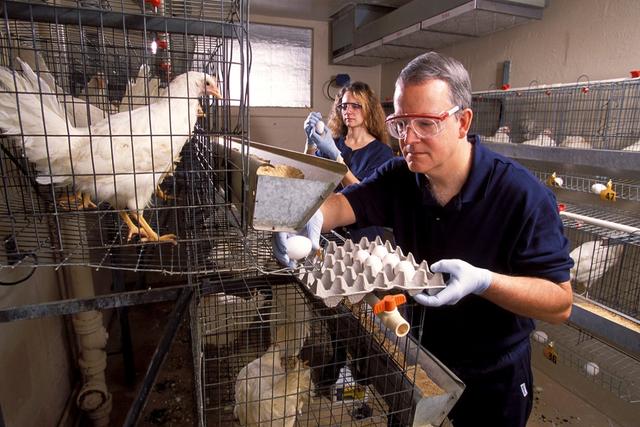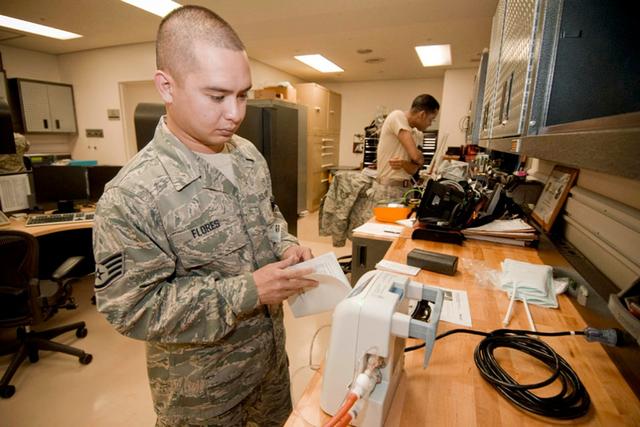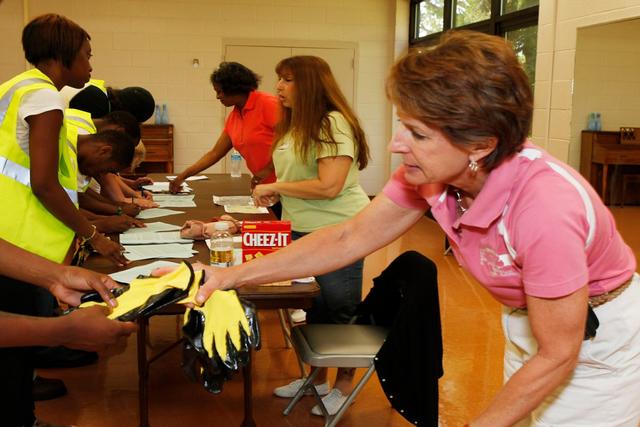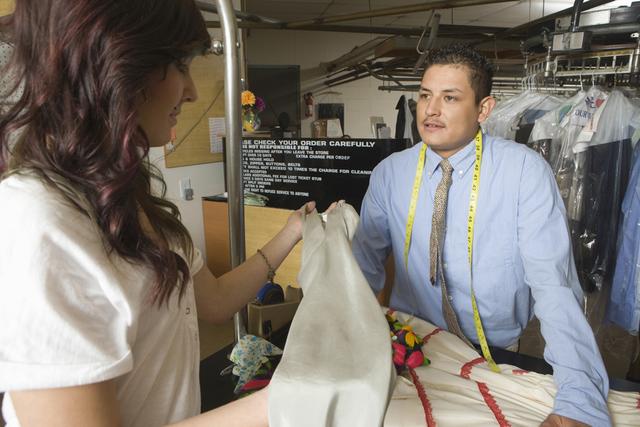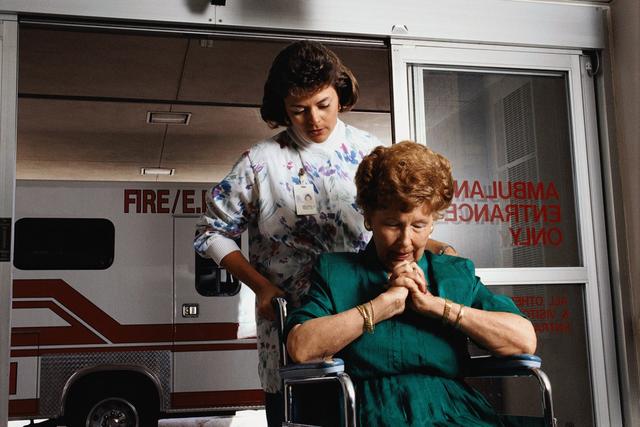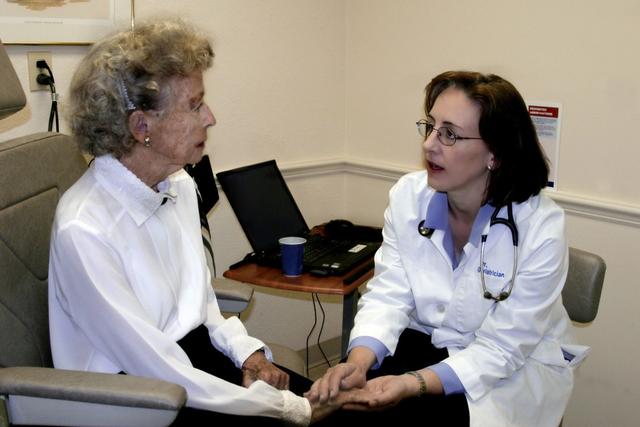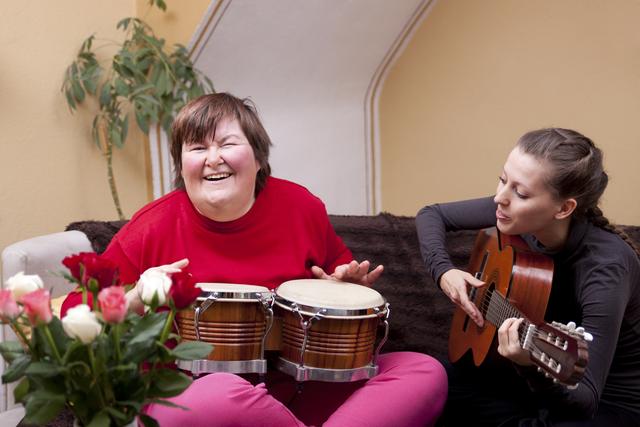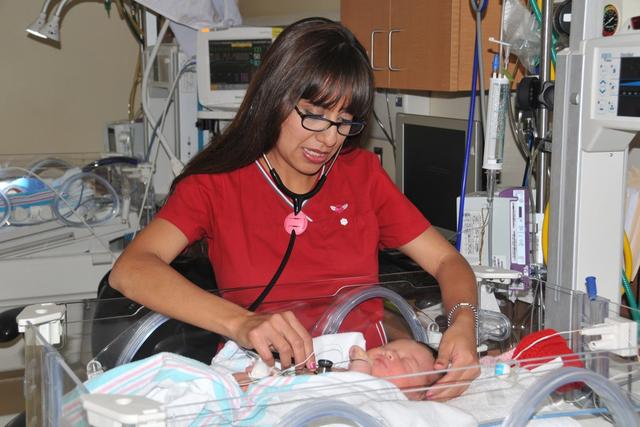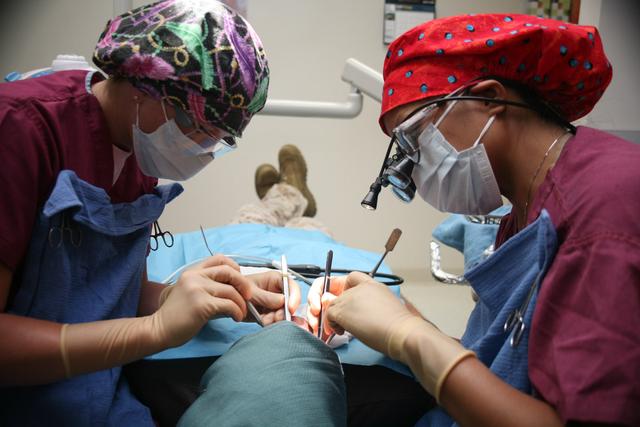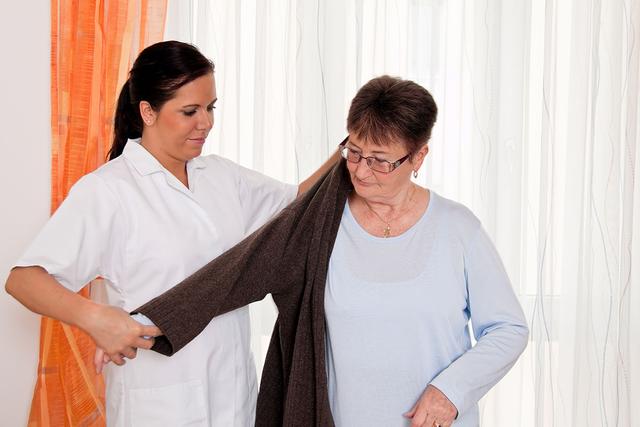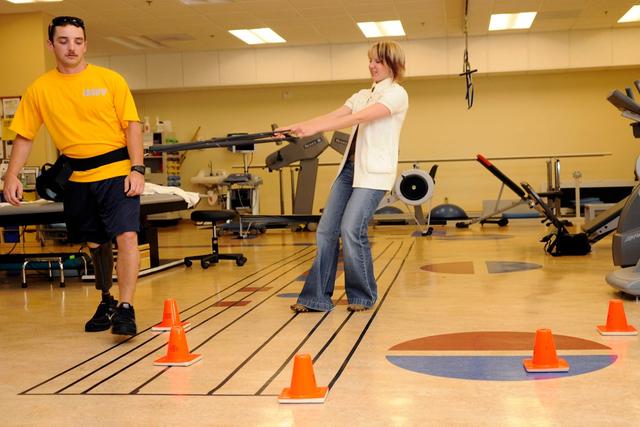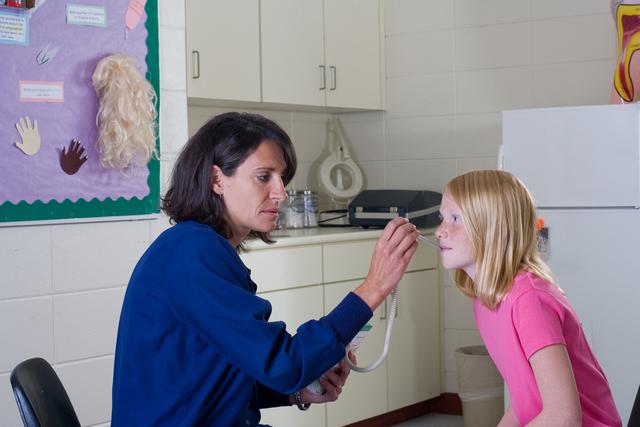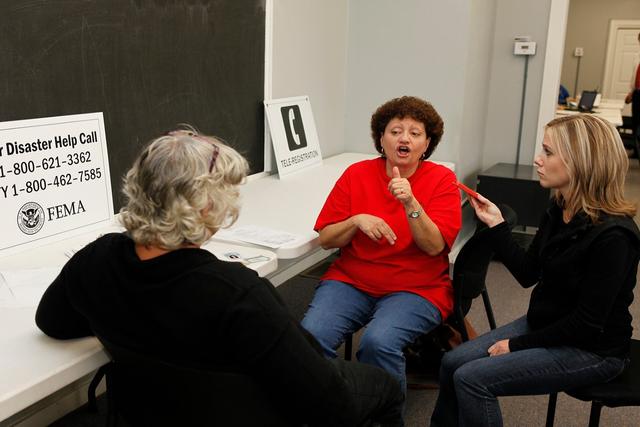Home Health Care Aides
Overview
Introduction
Home health care aides, also known as home health aides or home care attendants, serve elderly and infirm persons by visiting them in their homes and caring for them. Working under the supervision of nurses or social workers, they perform various household chores that clients are unable to do for themselves as well as attend to patients personal needs. Although they work primarily with the elderly, home health care aides also assist clients with developmental or intellectual disabilities (these professionals are kn...
Quick Facts
Median Salary
Employment Prospects
Minimum Education Level
Experience
Skills
Personality Traits
Earnings
Earnings for home health care aides are comparable to the salaries of nursing and psychiatric aides and nurse assistants. Depending on the agency, considerable flexibility exists in working hours and patient load. For many aides who begin as part-time employees, the starting salary is usually the minimum hourly wage. For full-time aides with significant training or experience, earnings may be a...
Work Environment
Health aides in a hospital or nursing home setting work at a much different pace and in a much different environment than the home health care aide. With home care, aides can take the time to sit with their clients and get to know them. Aides spend a certain amount of time with each client and can perform their responsibilities without the frequent distractions and demands of a hospital. Home s...
Outlook
As government and private agencies develop more programs to assist the dependent, the need for home health care aides will continue to grow. Because of the physical and emotional demands of the job, there is high turnover and, therefore, frequent job openings for home health care aides.
Also, the number of people 70 years of age and older is expected to increase substantially in the next...



